- Bernard Preston homepage
- Nutritious choice foods
- Food Snob Or Epicure
Food snob or epicure?
Food snob or epicure is a question that our critics must squarely face; and we ourselves too, of course.
An epicure is a person who loves fine-food at its highest level; the word comes from a Greek philosopher who spent a good deal of his time thinking about cooking.
Another definition of epicure is a person devoted to refined, sensuous enjoyment of good-food and drink.
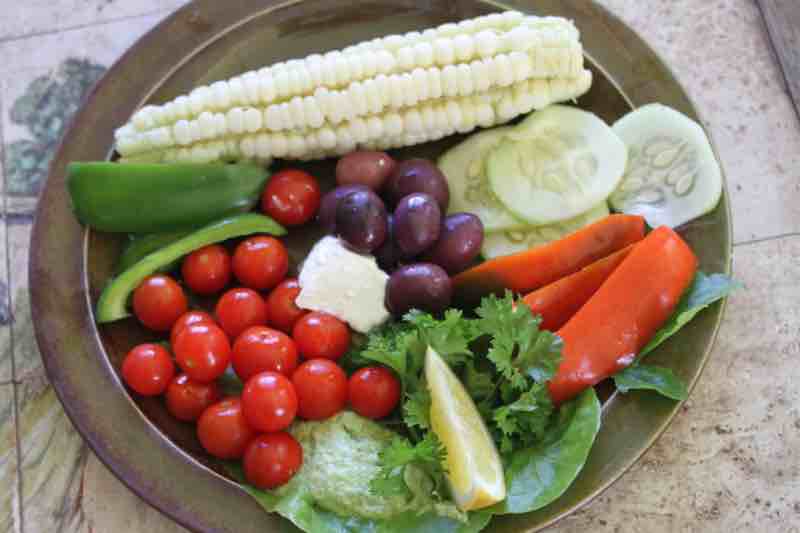
I am an epicure but my critics call me a food snob; I abhor most of the stuff that the industry tempts us with, boosting their bottom line and running our wellness down. It is all about the interpretation of those two words, fine and good.
There are many other words too like gourmet, for example; a person who knows a lot about fine food.
And a foodie who knows where you can get the best-tasting meal and hangs about the farmers' markets.
For me the food-snob it should taste good but that is not the overriding criterion; I eat with relish those vegetables like chaote squash that have little flavour but I know are loaded with important nutrients. It certainly must be nutritious and contribute to our overall wellbeing.
Just spice up those dull foods like lentils with onions, tomatoes and peppers.
They should be easy to
prepare and fit in with our general philosophy of slow food, made fast.
And there is a little warning not to become orthorexic or make food into a god. It certainly is a tightrope that we walk.
Our rules
- Choose natural foods over those that have been processed.
- Choose food that is rich in vitamins, minerals and nutrients over supplements.
- Get more protein from legumes.
- Eat plenty of fruit and vegetables for more fibre.
- Aim for as many coloured foods as possible.
- Shun refined carbohydrate; choose whole grains.
The cost
There is a misguided belief that nutritious food is expensive and much as we would like it, the "fine" and "good" stuff is simply not affordable. Not so, but one certainly has to work hard at it. The chief cost is the time spent preparing our nosh, and you may have to grow some of it yourself.
And there is the cost of equipment you may need like the Cuisinart DFP-14BCNY food processor that regularly gets the nod; it is not cheap at around $200.
For us it has been a wheat mill and dedicated small oven; they are not cheap either. But then being able to bake an artisanal loaf of the best-tasting bread in the whole world, completely unrefined, for a fraction of the price meant that we soon got our money back.
A vital part of the cost equation is that food snobs, epicures and gourmet cooks are far less likely to be making frequent visits to the doctor and the pharmacy. They follow the dictates of Hippocrates, the father of ancient Medicine; he insisted that we should first and foremost make sure that our elixirs and remedies are to be found on the dining room table right in front of us.
If I could convince you that you and your family would consult doctors a half or less of the time and take little or no chronic medication, do you think you could afford the cost of becoming a food snob or an epicure? Not to mention there is also diminished pain and general misery.
Natural and processed foods
Can you identify in this breakfast muffin recipe the ingredients which we could call natural, and those that are processed-foods? There will be some debate over a few of the items.
- 1 cup of honey
- 1/3 cup plain-yoghurt
- 1/3 cup Rooibos-tea
- 1/4 cup butter
- 3 eggs
- 1 cup butternut-soup
- 2 medium-carrots finely grated
- 2 very-ripe and mashed bananas
- 1 cup quick-oats
- 1 cup wholewheat-flour
- 1 cup cake-flour
- 1 tsp salt
- 2 tsp bicarb
- 2 tsp cinnamon
- 1/8th tsp nutmeg
The recipe is titled as "a tasty breakfast for children that ticks all the right-boxes." Firstly, each cupcake has 30g of carbohydrate, and I suspect no boy or girl would be happy with just one. That is an awful lot of starch at a single meal.
Secondly 440 / 607ths of the carb is either a simple-sugar or a refined starch; namely 72 percent. That will certainly get your blood glucose up.
And thirdly 168-calories per cupcake, is about 15% of a child's needs for the day; if he or she has butter or jam on it, obviously much more.
Nearly a quarter is in that honey; the suggestion is that because this recipe has no sugar it ticks the right-box. It is an opinion only, but coming from a beekeeper I would suggest it has some substance.
Once processed and baked in the oven honey has little merit over sugar; at 2-tsp per cupcake we are close to a third of the carbohydrate recommended for a whole day.
Because of the butternut, carrots and wholewheat these cupcakes have much going for them; they have quite a lot of fibre, but still firmly steer a child on the road to obesity.
Both "quick" oats and cake-flour
should be strictly limited on the plate of every person, and especially that of a
child. Most of the bran and germ have been extracted; that's where the goodies are to be found.
Vitamins, minerals and nutrients
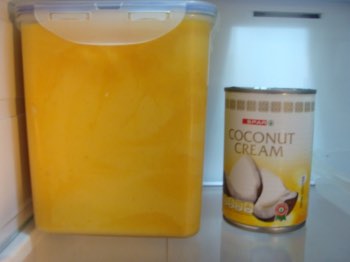
Here we are looking for coloured-foods like berries, beetroot and spinach; add to that tomatoes and butternut and one has many of the required nutrients that the body needs.
It is is interesting that scientists following a group who ate at least 7 coloured foods daily for 20 years had 33 percent less all-cause of disease; that is massive.
Legumes
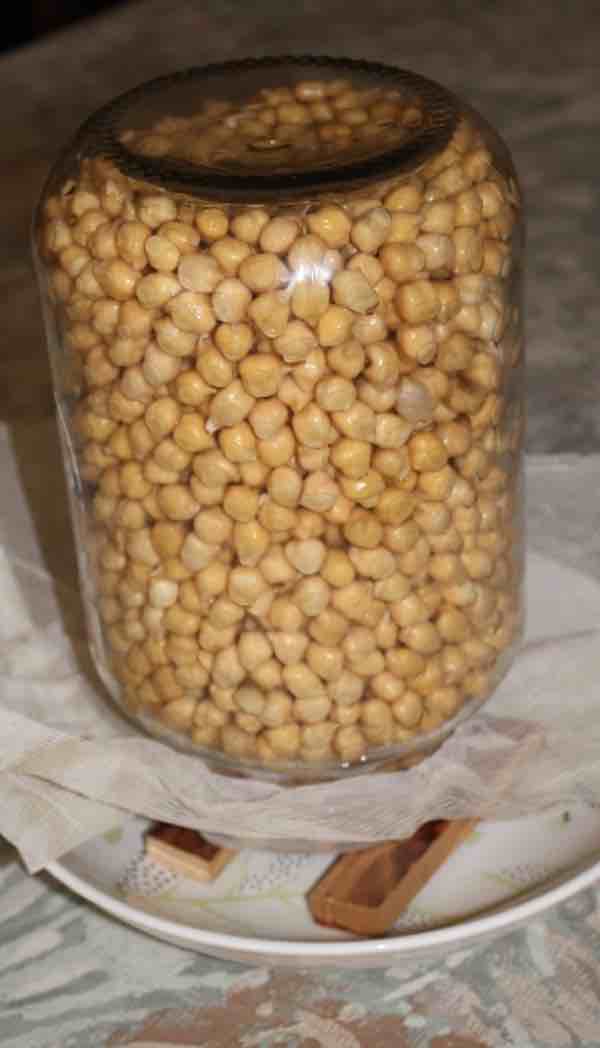
Both for our own well-being, and that of the planet we all need to get more of our protein from beans, peas and lentils; green rather than dried is even better since there are less of the anti-nutrients that many are concerned about.
This lentil with lemon salad ticks all the right boxes and, what is more, it takes less than fifteen-minutes to prepare from start to finish.
What are legumes sets out our position on the subject in some depth; sprouting and fermenting bring out even more nutrients.
Well-established guidelines recommend at least 1 to 3 cups of legumes per week. The antioxidants are one of the reasons why food snobs are not overly fearful of metastatic disease.
They are particularly important for the diabetic as they help control blood-sugar and provide satiety; a sense of elegant sufficiency.
Fibre
Recommendations are that we consume about 30-grams of fibre per day, but the average person enjoying what is known as the "industrial diet" is eating about half of that, which means some are having far less; food companies extract much of it.
Fibre is high in fruits, vegetables and whole grains; and legumes too. It is the fraction of starch that is not digested in the small intestine but instead passes into the colon where the friendly flora fall upon it; it gives the stool bulk and provides many important compounds for our well-being[1].
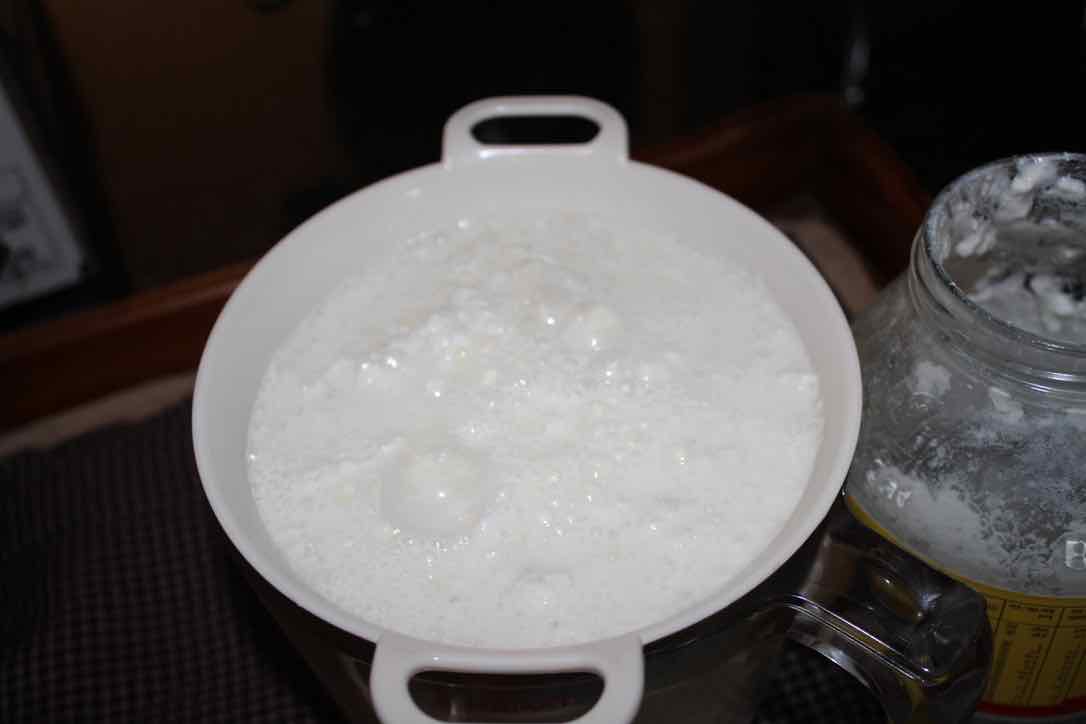
Probiotics like this easy to make kefir help to provide the bugs that make for the happy tum; less heartburn and constipation.
Refined carbohydrate
It is now well established that the chief consideration in obesity is not fat but refined carbohydrate. It is the sugar in colas and cookies, the cake flour in most home-baked goods and white rice that are the cause of the plague that is tormenting the Western world; type two diabetes.
Unfortunately that means no supermarket bread; the unrefined loaf can only be had if you grind your own flour and bake for yourself. The initial cost is high, but that is paid off directly in about two years. Add to that you have no need to purchase vitamin E capsules and other supplements making the expenditure on appliances eminently worthwhile.
Nevertheless buyer beware; the bread oven is reputedly the most under-utilised appliance in the kitchen.
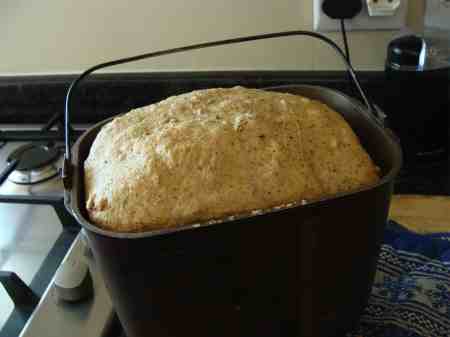
Our artisan sourdough bread definitely calls into question the food snob or epicure debate. The taste is so good that like freshly-ground coffee, you will never go back to the fake offered by most commercial bakers.
Food snob or epicure?
To summarise with a little imagination and time, this food snob reckons one can enjoy the wholesome functional foods that promote our well-being and help prevent disease. I am certain that shortly research will be done on who precisely is succumbing to Covid-19. I will be very surprised if the epicures do not to a large extent escape unscathed.
Eating is a spiritual experience
“Food to a large extent is what holds a society together, and eating is closely linked to deep spiritual experiences.”
Peter Farb
Enjoying or choosing not to eat good food, is about life and death; it is a deeply spiritual-experience. Selecting what we know to be junk off the menu is also one more nail in the coffin. Brother Ass will turn around and bite us.
Carbs in the life of a Believer should not be an issues; sugar is the contentious one.
Choose life is our injunction; the alternative is too ghastly to contemplate. Let us treat our bodies with respect.
Covid-19
There are literally hundreds of opinions on this terrible viral infection and it will certainly take a long time is discern between fact and fiction. One of the great mysteries that is now being slowly unraveled is that many are hardly touched, whilst others are summarily dispatched by the Grim Reaper.
New research published in January, 2021 in the New England Journal of Medicine examines two parts commonly affected by the coronavirus, the olfactory bulb and the brainstem. The one controls our sense of smell, often altered and the second regulates breathing; and of course many other things such as heart-rate.
MRI scans on postmortem of people who died from C-19 show bright spots, a clear sign of inflammation, and dark patches that indicate bleeding. Obviously this demonstrates why many of those infected by the virus are dying, unable to breathe, and from heart events. And why, although primarily a respiratory disease, neurological symptoms such as loss of smell and taste are typically affected; and brain fog is not unusual.
It also entirely explains why those already affected by inflammatory conditions of the blood vessels, especially the obese and diabetic, are being nailed by the virus.
Would it be stretching the story too far to suggest that food snobs and epicures who place great value on truly good nutrition may well be found in the future to be amongst those hardly touched by the virus? Enjoying whole grains and little or no refined carbohydrate they are not affected by the generalised inflammation so characteristic of the great majority.
When browsing use right click and "Open Link in New Tab" or you may get a bad gateway signal.
Newsletter
Our newsletter is entitled "create a cyan zone" at your home, preserving both yourself and Mother Earth for future generations; and the family too, of course. We promise not to spam you with daily emails promoting various products. You may get an occasional nudge to buy one of my books.
Here are the back issues.
- Lifestyle and ideal body weight
- What are ultra-processed foods?
- Investing in long-term health
- Diseases from plastic exposure
- Intensive lifestyle management for obesity has limited value
- A world largely devoid of Parkinson's Disease
- The impact of friendly bacteria in the tum on the prevention of cancer
- There's a hole in the bucket
- Everyone is talking about weight loss drugs
- Pull the sweet tooth
- If you suffer from heartburn plant a susu
- Refined maize meal and stunting
- Should agriculture and industry get priority for water and electricity?
- Nature is calling
- Mill your own flour
- Bake your own sourdough bread
- Microplastics from our water
- Alternative types of water storage
- Wear your clothes out
- Comfort foods
- Create a bee-friendly environment
- Go to bed slightly hungry
- Keep bees
- Blue zone folk are religious
- Reduce plastic waste
- Family is important
- What can go in compost?
- Grow broad beans for longevity
- Harvest and store sunshine
- Blue zone exercise
- Harvest and store your rainwater
- Create a cyan zone at your home
Did you find this page interesting? How about forwarding it to a friendly book or food junkie? Better still, a social media tick would help.
- Bernard Preston homepage
- Nutritious choice foods
- Food Snob Or Epicure
Address:
56 Groenekloof Rd,
Hilton, KZN
South Africa
Website:
https://www.bernard-preston.com